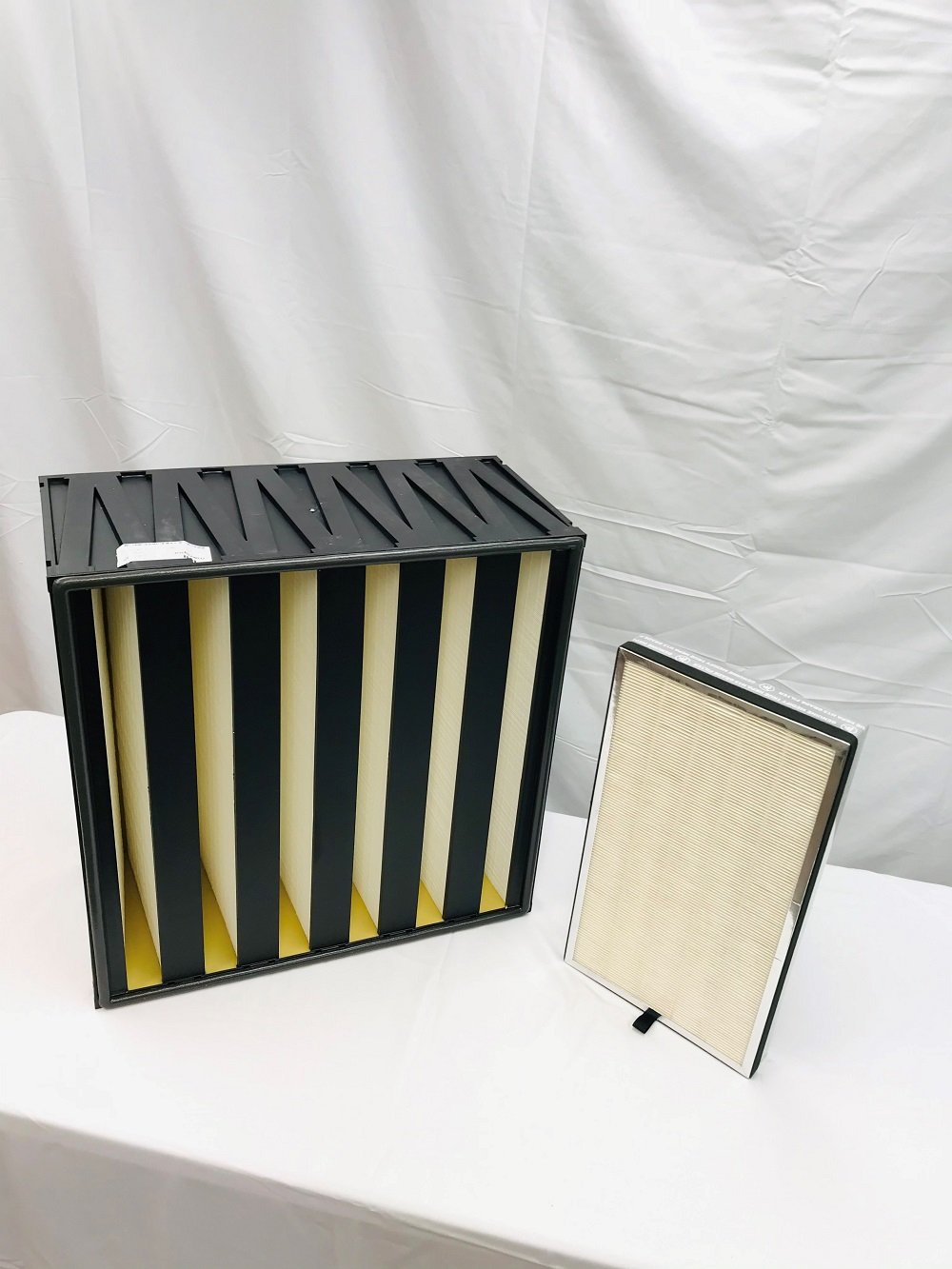5 Things School Facilities Managers Wish They Knew Before Purchasing Classroom Air Purifiers
Avoiding Buyer’s Remorse
Improving indoor air quality in your school classrooms and community spaces is a critical investment that safeguards the health and wellbeing of students, teachers, and staff. Clean air also helps improve learning retention, boosts test scores and maintains a comfortable environment. However, buyer beware...the risk of purchasing an inadequate and ineffective air purifier is high. Consider a proven HEPA air purifier for your school and avoid buyer's remorse in five critical areas:
Air Purifier Noise Levels
Note where ISO-Aire commercial air purifiers rank on the decibel scale versus most competitor models.
It's no secret that air purifiers in classrooms can be loud. In fact, one recent study found that 70% of frustrated teachers turn off their units because the machines are too disruptive. This defeats the purpose of a school's investment in creating a clean, safe learning environment. The majority of air purifiers publish their decibel output at their lowest fan speeds. However, when the fan speed on a smaller model is set at high to effectively achieve proper CFM, the noise level increases. This becomes a vicious cycle because as the unit is turned to low-speed or off, the likelihood of achieving proper air changes per hour (ACH) in a classroom, as recommended by CDC and ASHRAE, is unattainable.
2. Identify Hidden Maintenance Costs
Incorporate routine air purifier maintenance into your team's workflow. Some schools report being blindsided by the long list of scheduled maintenance requirements many air purifier brands recommend. For example, to regularly clean, hand wash, and/or vacuum a HEPA filter requires dedicated time, space and effort. Unfortunately these unforeseen labor costs add up quickly. Pinpoint how often and at what cost you'll replace pre-filters and HEPA filters on each unit. Fortunately the medical-grade, 12-inch deep HEPA filters utilized in ISO-Aire models should be replaced on average every five to six years.
3. Calculate Electricity Expenses
Remember to consider electrical costs incurred to run a fleet of commercial air purifiers for schools. This cause sticker shock. Calculate the wattage of the air purifiers you're considering to crunch annual electricity costs. And be mindful of utilizing the power output on the fan speeds necessary to achieve proper CFM.
4. Evaluate Adequate Air Purifier Performance
ISO-Aire has the CFM capacity for classrooms and all types of school spaces, including cafeterias.
The ability for an air purifier to deliver proper clean air throughout a space relies on two key performance variables. First, when calculating CFM (cubic feet per minute) many air purifiers assume a room with standard 8- foot ceilings. However, many classrooms and school spaces have ceilings that average 9 to 10 feet in height.
Next consider proper air throw. Is a small, bedroom air purifier capable of delivering clean air to an entire classroom space? No. These units struggle to clean the full envelope of space because they are not equipped with commercial grade parts. Their motors cannot properly distribute clean air to the entire space. In this situation, short cycling occurs, meaning the unit continuously cleans and re-cleans the air only within its general vicinity.
5. Choose a Long-Life Classroom Air Purifier
A 12-inch deep, medical-grade HEPA filter (pictured left) requires replacing every 5-6 years, not months like smaller brands (pictured right).
Very few air purifiers utilize electronically commutated motors (EC motors) due to cost. EC motors are commercial-grade and designed for strong performance, longevity, efficiency, and low noise output. Many schools that purchased air purifiers early on in the pandemic have already replaced their machines, not filters. That’s right, entire machines have been replaced due to the motors burning out.
Create a clean, healthy space for your school community for years to come by investing wisely. Allocated federal relief grants are a one-time opportunity for schools to improve and sustain their indoor air quality through the COVID-19 pandemic and beyond.
Our HEPA Air Purifiers for Schools Protect Students and Teachers
ISO-Aire air filtration systems delivers proven COVID-19 mitigation strategies recommended by ASHRAE and the CDC. Schools and universities, training centers, and daycare facilities across the country utilize our quiet, low-maintenance commercial air purification solutions that capture and destroy up to 99% of pathogens and airborne contaminants.
Contact our team today for a free assessment or to talk to an expert about the needs of your space.



